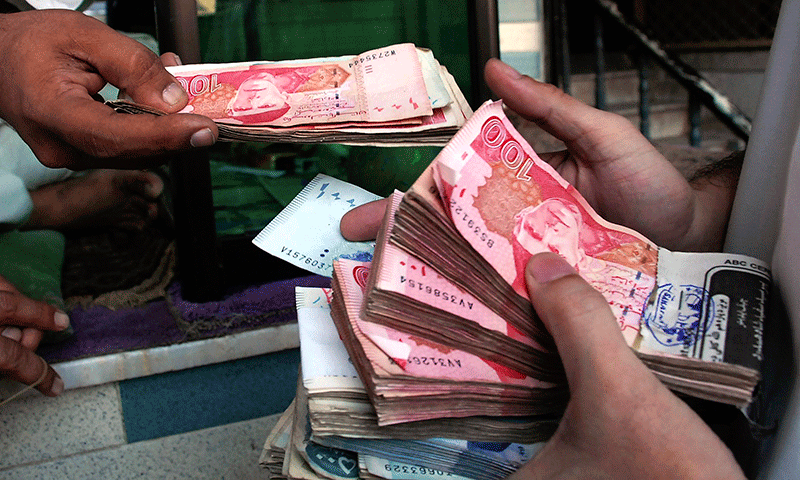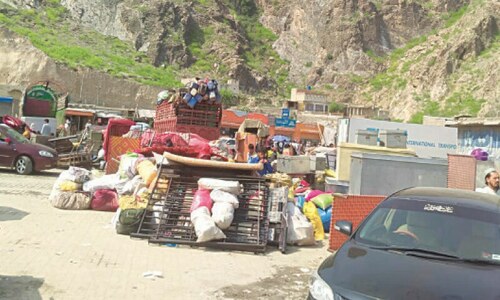TEHRAN A man found guilty of adultery has been stoned to death in an Iranian city, a top official told reporters on Tuesday, despite a moratorium announced by the judiciary on such executions.
The stoning was carried out in the northern city of Rasht during the Iranian month of Esfand which ended on March 20, judiciary spokesman Ali Reza Jamshidi said.
He said the woman involved in the case has 'repented and so has not been stoned.' Under Irans Islamic law, adultery is still punishable by stoning, which involves the hurling of stones in public at a partially buried convict. A man is buried up to his waist and a woman up to her shoulders.
Convicts are spared if they can free themselves.
Aftab-e Yazd newspaper reported that a 30-year-old government employee identified only as 'V', was stoned to death in a Rasht prison on March 5. Some Iranian news websites identified him as Vali Azad.
Five Iranians have reportedly been stoned to death in the past four years, including two men in Mashhad last December, despite a 2002 directive by judiciary chief Ayatollah Mahmoud Hashemi Shahrudi imposing a moratorium on such executions.
Stonings have drawn international condemnation, with the United Nations and the European Union calling on Iran to abolish the sentence. Iranian human rights campaigners have also urged the Islamic republic to stop the punishment.
In August 2008, the judiciary said it has scrapped the punishment in Irans new Islamic penal code, whose outlines have been adopted by parliament but the details have yet to be debated by lawmakers.
Capital offences in Iran include murder, rape, armed robbery, apostasy, blasphemy, serious drug trafficking, repeated sodomy, adultery or prostitution, treason and espionage.
According to an AFP toll, 76 people have been executed in the Islamic republic so far this year, compared to 246 people in 2008.
The rights group Amnesty International has said that Iran applied the death penalty more than any other country apart from China in 2007, executing 335 people.
Tehran says that the use of the death penalty is a bid to improve security in society.









































